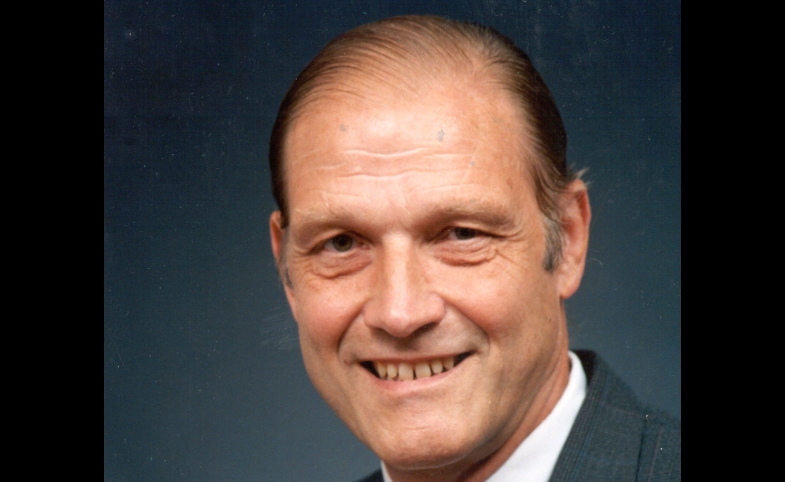What comes to mind when you think of a K-pop idol band? Colorful music videos, catchy melody, unknown lyrics, stunning visuals and amplified fan chanting? Yes, and add the formal title, "Special Presidential Envoy for Future...
KEEP READING
Meet the Author: William A. Rugh
Ambassador (ret.) William A. Rugh is the Edward R. Murrow Visiting Professor of Public Diplomacy at Tufts University’s Fletcher School of Law and Diplomacy. Between 1995 and 2003 he was President and CEO of AMIDEAST. He was a U.S. Foreign Service Officer 1964-1995 and had nine diplomatic assignments in the Arab world, that included ambassador to Yemen 1981-84, and to the United Arab Emirates 1992-95, as well as Deputy Chief of Mission in Syria 1981-85. He also had assignments for the U.S. Information Agency in Jidda, Riyadh, Cairo and Washington. Front Line Public Diplomacy: How US Embassies Communicate with Foreign Publics is his fifth book.
Why is Front Line Public Diplomacy crucial reading for public diplomacy students?
Few books present a comprehensive analysis of how U.S. public diplomacy officers working at field posts deal with today’s challenges (security, terrorism, pervasive communication technology, militarization of our foreign policy, etc.). This book fills that gap and provides, for the first time, a set of basic principles that practitioners have learned over the years on the job. Therefore it is essential reading for entering and aspiring Foreign Service Officers as well as students and scholars of international relations and diplomacy.
Your Foreign Service career began in the 1960s. How did your early experiences inform this book?
I became a USIA public diplomacy officer during the Cold War and quickly learned that while Washington policy makers have a global perspective, and at that time they were focused primarily on countering Soviet Communism, as field officers we confronted daily criticisms and misunderstandings of many other issues that were of greater concern to the local population. Of course we had to explain American policy as enunciated by Washington, but we also had to work hard to understand local perceptions and to engage seriously with local interlocutors on their issues. We also had to explain their views to Washington.
Front Line Public Diplomacy is a comprehensive field guide for public diplomats at post--what challenges did you face in deciding what to include, and what not to include, in such an ambitious project?
By focusing on field operations, I decided to omit U.S. international broadcasting although it is an important component of public diplomacy, because field officers have no control at all over it. On the other hand, I included two chapters on social networking media and two on the role of the Department of Defense, since these developments have become vital and somewhat controversial matters for field officers today.
Did you learn anything unexpected in your research?
I learned that social networking media are not the panacea for public diplomacy that some people assumed they would be, because although they help enable U.S. public diplomacy officials to communicate with more people and quickly, there are some drawbacks in trying to make use of them that depend on local circumstances; I therefore devoted a full chapter to those problems. I also learned that face-to-face communication, in conversations the field, and as a result of educational exchange programs, remains one of the most powerful of public diplomacy tools. And I learned that although there have been many reform proposals calling for “privatization” of public diplomacy, there are already many ways the private sector plays an important role in the process, and further movement in that direction would be a mistake.
What was the biggest challenge in writing this book?
Most Americans have no idea how a U.S. embassy functions and what U.S. diplomats actually do abroad, so the book had to provide enough concrete examples to be clear. Most books and articles about public diplomacy focus on Washington and high level diplomacy by presidents and secretaries of State, because detailed information about what rank and file diplomats actually do overseas is unavailable to scholars and journalists. Filling that gap required extensive interviews with practicing U.S. diplomats who have had field experience. Moreover, since the operating environment in every country is different, presenting a comprehensive and accurate picture was difficult.
Visit CPD's Online Library
Explore CPD's vast online database featuring the latest books, articles, speeches and information on international organizations dedicated to public diplomacy.
Popular Blogs
-
January 29
-
January 20
-
January 28
-
January 2
-
December 17











